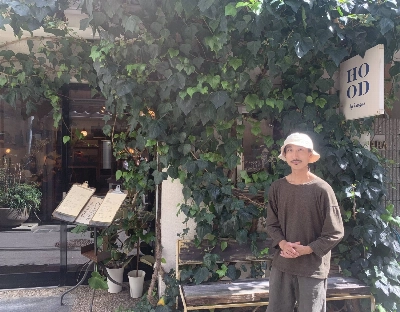For four years, the Democratic Republic of Congo has suffered a bloody conflict that has been practically invisible to most of the world. Rival factions and greedy neighbors have fought over the country's spoils, leaving death and destruction in their wake. As a result, one of Africa's richest countries is today one of its most destitute. An accord signed last week holds out hope for peace, but the obstacles are daunting. Success depends on a commitment by the DRC government and all its former enemies, and a readiness by its neighbors to end their plunder.
The country has known precious little peace since it won independence in 1960. Immediately after separating from Belgium, the province of Katanga attempted to secede. Shortly after, the country's fiery first prime minister, Mr. Patrice Lumumba, was assassinated by soldiers loyal to Mr. Mobutu Sese Seko, then serving as army chief of staff. In 1965, he launched a coup, taking over the country and running it with an iron fist until his own overthrow in 1995. It is difficult to appreciate the scale of the plunder under Mr. Mobutu, who treated the country like it was his to loot as he pleased. The legacy of corruption and bankruptcy he left with the DRC is the most serious obstacle to its eventual recovery.
Mr. Mobutu went too far, however, when he offered refuge to the Hutu militants who carried out the 1994 genocide in Rwanda. The Rwandan government backed Mr. Laurent Kabila and other disaffected factions within the DRC with grudges against Mr. Mobutu and drove him from power. That alliance quickly fell apart, however, and six other African governments -- drawn by promises of a share of DRC mineral wealth -- joined the fighting. Mr. Kabila himself was assassinated and his son took power, promising to end the war and introduce democratic reforms.

















With your current subscription plan you can comment on stories. However, before writing your first comment, please create a display name in the Profile section of your subscriber account page.